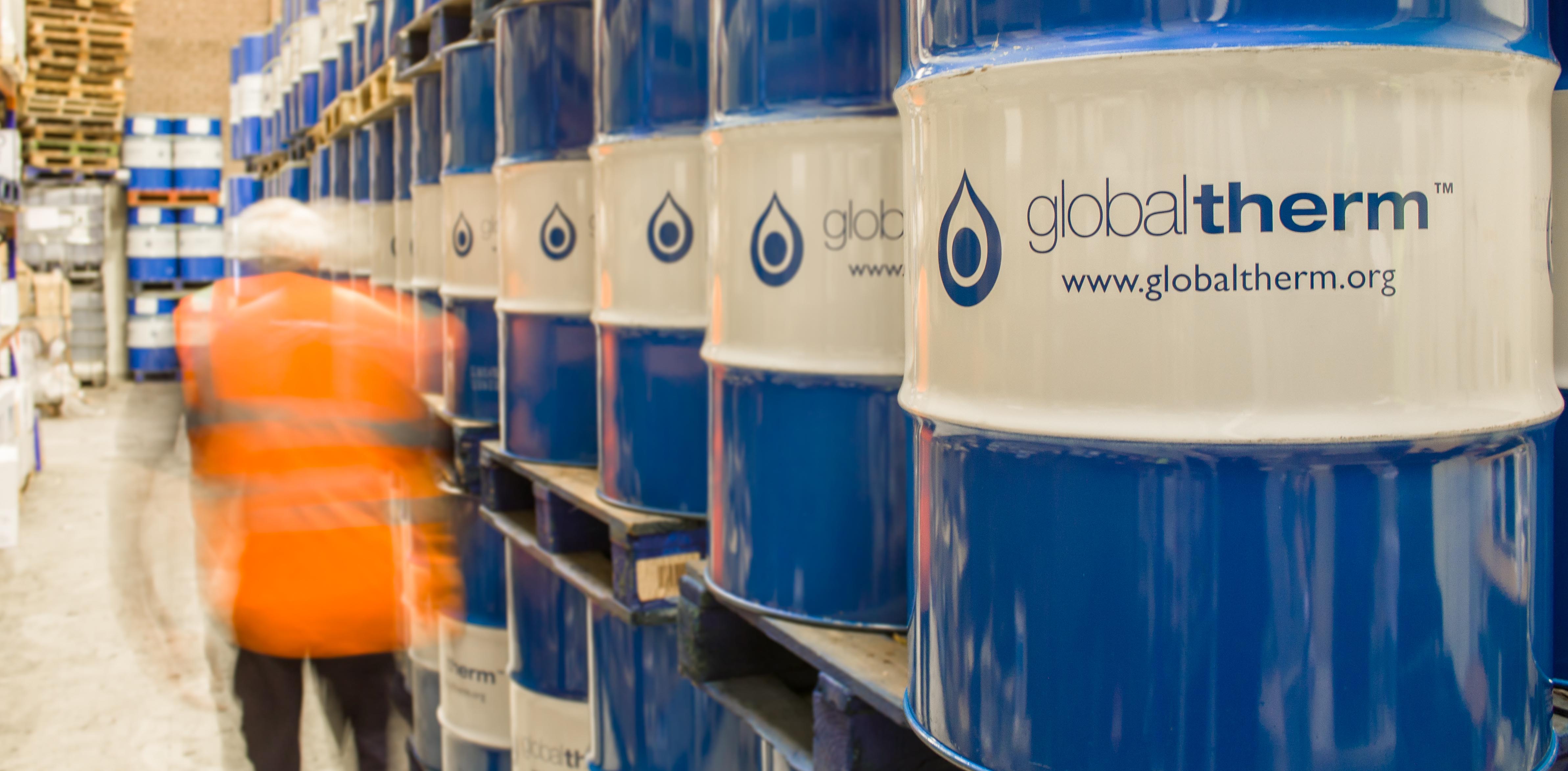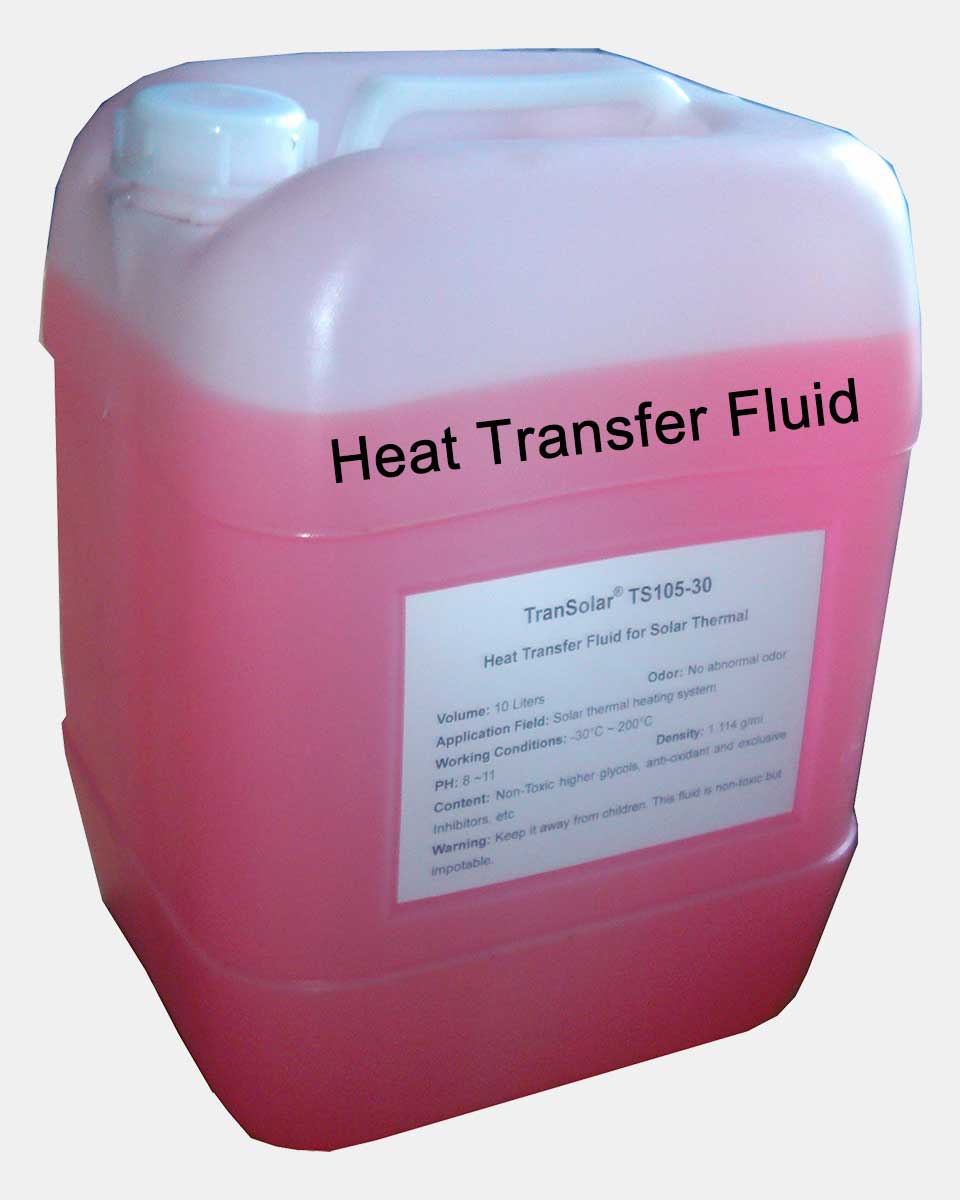Why Warm Transfer Liquid Is Essential for Optimizing Energy Transfer in Solution
The duty of warmth transfer fluids in enhancing energy transfer is essential for attaining efficient thermal management across different commercial fields. These liquids facilitate seamless heat exchange, making certain procedures operate within optimal temperature ranges and reducing the danger of getting too hot. Their option, based upon factors like viscosity and thermal stability, directly influences the effectiveness and sustainability of a system. Nevertheless, the details of picking the appropriate liquid are frequently ignored. What are the crucial considerations for this option, and just how do they influence both financial efficiency and ecological obligation in commercial applications?

Role in Thermal Management
Heat transfer liquids play a crucial duty in thermal monitoring by effectively controling temperatures in various commercial procedures and systems. These specialized fluids help with the transfer of heat in between various elements, guaranteeing optimal operating problems and protecting against getting too hot. By maintaining precise temperature level control, warm transfer fluids enable sectors such as chemical manufacturing, oil and gas, and power generation to operate securely and effectively.
The selection of an appropriate warmth transfer fluid depends on numerous elements, including thermal security, heat ability, and viscosity. High thermal security makes sure that the fluid can hold up against severe temperature levels without deteriorating, while a high warmth capacity permits it to take in and launch considerable quantities of warm - heat transfer fluid. Low viscosity reduces the power required for pumping, adding to overall system effectiveness
Furthermore, warmth transfer fluids are important in applications like refrigeration, where they help take in and dissipate heat during the cooling cycle. In solar thermal power systems, these fluids capture and transportation solar heat to produce electrical power or give hot water. Their flexibility to diverse operating conditions and capacity to maintain constant thermal performance emphasize their importance in commercial thermal monitoring, helping with functional connection and enhancing precaution.

Enhancing System Efficiency
To make best use of the benefits of thermal monitoring, improving system performance through the critical use of warm transfer liquids is critical. These liquids play a vital duty in optimizing power transfer by facilitating constant thermal law, which in turn impacts the overall performance and long life of systems. Reliable heat transfer causes minimized energy losses, minimized operational costs, and enhanced integrity of equipment. By preserving optimum temperature levels, warm transfer liquids aid guarantee that systems operate within their created criteria, thereby stopping overheating and reducing the danger of element failing.

Kinds Of Warmth Transfer Liquids
The variety of warm transfer fluids underscores their vital role in a series of commercial applications, each customized to satisfy particular thermal management requirements. These liquids promote reliable energy transfer and are selected based upon vital properties such as thermal security, thickness, and heat ability. The key types include water, glycol solutions, oils, and synthetics, each offering distinctive advantages.
Water is the most typical heat transfer tool due to its high particular warmth capability and reduced expense. Mineral oils are favored for their click here for info thermal security and non-corrosive nature, making them suitable for high-temperature applications.

Synthetic fluids, including silicone and fragrant substances, provide extraordinary thermal security and are made use of in environments demanding extreme temperature varieties. These liquids ensure exceptional efficiency in systems where typical fluids might fail. The selection of a heat transfer fluid is vital, as it affects system effectiveness, safety and security, and long life. Each kind must be chosen to align with the operational needs and the specific conditions of the application it serves.
Environmental and Economic Advantages
Making use of the best heat transfer liquids offers significant environmental and financial browse around this site advantages for commercial operations. Eco friendly warmth transfer fluids, usually naturally degradable and safe, reduce the threat of soil and water contamination in the occasion of leaks or spills, consequently safeguarding ecological communities and conforming with rigorous environmental guidelines.
Economically, the ideal warmth transfer fluid can dramatically decrease functional costs. Reliable heat transfer minimizes power expenditure, causing reduced utility expenses and enhanced success. In addition, fluids with prolonged lifecycle efficiency decrease the frequency of substitutes and upkeep, decreasing downtime and linked costs. Purchasing high-grade fluids can likewise mitigate the danger of tools rust and failing, staying clear of costly repair work and expanding the life expectancy of vital facilities. In open markets, these cost savings and performances give a distinctive benefit, permitting firms to allocate resources better and buy further innovation. In general, the tactical use ideal warm transfer liquids sustains lasting financial development and ecological stewardship.
Choosing the Right Liquid
Just how does one navigate the complex procedure of picking the best warmth transfer fluid for commercial applications? Thermal security ensures the liquid can withstand look at this website high temperatures without weakening, while compatibility prevents deterioration or various other harmful responses with system parts.
Additionally, the liquid's warm capability and thickness are paramount. A high heat ability permits the fluid to absorb and move even more energy, boosting performance.
Final Thought
The strategic option and application of warm transfer fluids are essential to optimizing power transfer across numerous systems. By making sure high thermal stability and capability, these liquids supply specific temperature control and enhance overall system effectiveness.